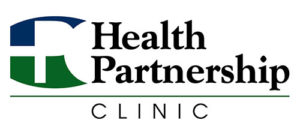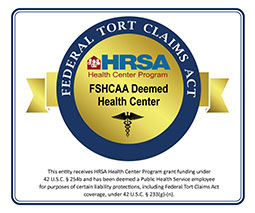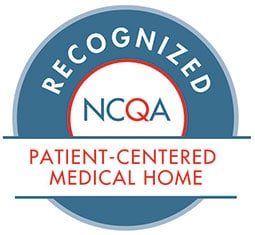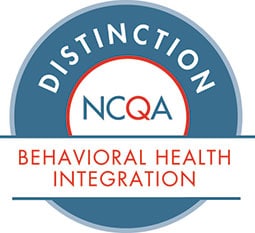July is Minority Mental Health Awareness Month
 By Ming Strother, LSCSW, Behavioral Health Clinician
By Ming Strother, LSCSW, Behavioral Health Clinician
National Minority Mental Health Month is observed during the month of July. Prior to her death in 2006, author, journalist, teacher, and mental health advocate Bebe Moore Campbell advocated tirelessly to bring light to the lack of mental health resources in the black and other underserved communities. Struggling to support her own daughter through her mental health needs, Moore Campbell worked with her friend Linda Wharton Boyd, and brought their efforts to Washington. After the death of Moore Campbell, Wharton Boyd, family, and other like-minded individuals continued their efforts in Washington, and in 2008, the U.S House of Representatives declared July as National Minority Mental Health Month.
The Centers for Disease Control and Prevention (CDC) reported that in 2020, suicide was the third leading cause of death among blacks or African Americans ages 15- 24. The death rate from suicide for Hispanic men was four times the rate of Hispanic women in 2018. Black females in grades 9-12 were 60 percent more likely to attempt suicide in 2019 compared with Caucasian females in the same age range. Statistics show that suicide attempts for Hispanic girls were 30 percent higher than Caucasian girls in the same age range.
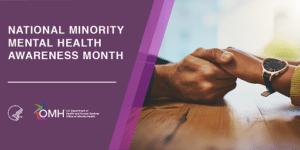 People from ethnic minority groups are less likely to seek mental healthcare than their white counterparts for a multitude of reasons. There remains a general mistrust of the healthcare system among these groups. Other reasons for consideration include poverty, lack of access, lack of proper health insurance, provider discrimination, stigma and cost.
People from ethnic minority groups are less likely to seek mental healthcare than their white counterparts for a multitude of reasons. There remains a general mistrust of the healthcare system among these groups. Other reasons for consideration include poverty, lack of access, lack of proper health insurance, provider discrimination, stigma and cost.
We can all help to bridge some of these gaps in care by working to destigmatize mental health within our communities. We can make efforts to use positive language when discussing mental health concerns. We can share our stories and encourage open and honest dialogue about these topics. We can volunteer our time. We can continue to advocate for equal access to services and fight to continue with efforts at expanding health insurance coverage.
To learn more about Health Partnership Clinic’s Behavioral Health Services, please visit our website.
To schedule an appointment call 913-648-2266.
“While everyone – all colors – everyone is affected by stigma – no one wants to say ‘I’m not in control of my mind.’ No one wants to say, ‘The person I love is not in control of [their] mind.’
But people of color really don’t want to say it because we already feel stigmatized by virtue of skin color or eye shape or accent and we don’t want any more reasons for anyone to say, ‘You’re not good enough.'”
-Bebe Moore Campbell
Other Organizations Offering Minority Mental Health Awareness Resources:
